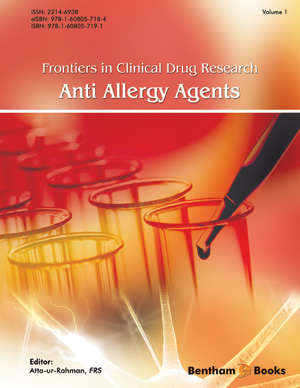Abstract
Allergy is defined as an inappropriate immune response in atopic individuals to antigens called as allergens capable of mediating type I hypersensitive reactions. Prevalence of allergic diseases is on the rise and has reached epidemic proportions. Extensive research over the past few decades on pathogenesis of allergic diseases and the molecular mechanisms involved has led to many therapeutic approaches. Management of allergic diseases includes allergen avoidance, pharmacotherapy and allergen specific immunotherapy (SIT). Though allergen avoidance has proved to be effective, it is not feasible to control the exposure of allergens. Pharmacotherapy includes a vast range of strategies and therapies for managing allergic diseases of which inhaled corticosteroids (ICSs) form the first line of treatment. Though ICSs are highly effective, in severe asthma cases other class of medications like β2 agonists, antihistamines, omalizumab etc., in combination with ICSs are recommended. Allergen specific immunotherapy (SIT) is the only treatment modality that acts on effector cells and prevents progression of mild allergy to severe allergic diseases. Inspite of these therapies for allergic disease many patients have poorly controlled symptoms. A better understanding of the complex aetieology of insights into molecular mechanisms will lead to development of new therapeutics with improved efficiency and minimal side effects.
Keywords: Type I hypersensitivity, allergy, Th2 cells, corticosteroids, bronchodilators, mediator antagonists, immunotherapy, serine protease inhibitors, anti-oxidants, peptide immunotherapy.






















